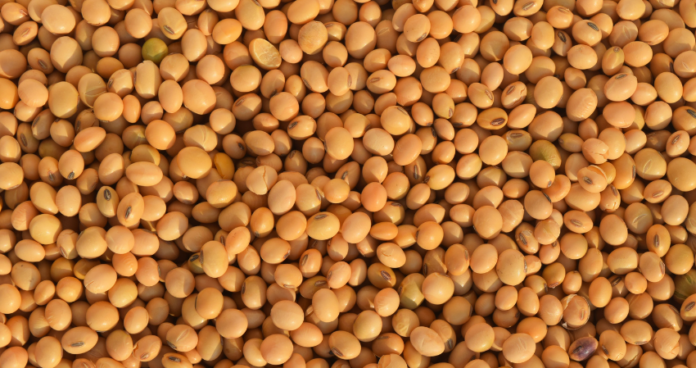Pakistan has made its largest purchase of U.S. soybeans in nearly three years, with the U.S. Department of Agriculture (USDA) announcing on Thursday that the country bought 225,000 metric tons for delivery starting in the crop year beginning September 1. This marks the nation’s return to importing genetically engineered soybeans after lifting a ban imposed in 2022.
This purchase, while significant, will only partially offset the losses U.S. farmers have faced due to the trade war with China, which traditionally absorbs more than half of U.S. soybean exports. In contrast, Pakistan’s total imports accounted for just 1.4% of U.S. soybean exports in 2021, according to USDA data.
The deal surprised market analysts, as Pakistan is not typically a major buyer of soybeans in bulk prior to the new crop season. Dan Basse, president of consultancy AgResource, remarked, “Pakistan is not the buyer that buys that amount of soybeans all in one slug before a new-crop season.”
This major purchase comes in the wake of rising tensions between Pakistan and India following a deadly attack on Indian tourists in Kashmir on April 22. India responded by suspending a water-sharing agreement with Pakistan, a move that has sparked fears of crop failures in Pakistan. Farmers who depend on the shared water for irrigation warned that their crops could fail, leading to food shortages.
Pakistan’s imports of genetically engineered soybeans resumed in December 2023 after the lifting of the 2022 ban, which had led to a rise in poultry feed prices and chicken meat costs in the country. Prior to the ban, Pakistan imported 765,388 metric tons of U.S. soybeans in 2021, but this fell sharply to just 2,644 metric tons in 2022. The USDA projects Pakistan’s soybean imports will rise again to 2 million metric tons in the upcoming crop year, as local production remains negligible.




